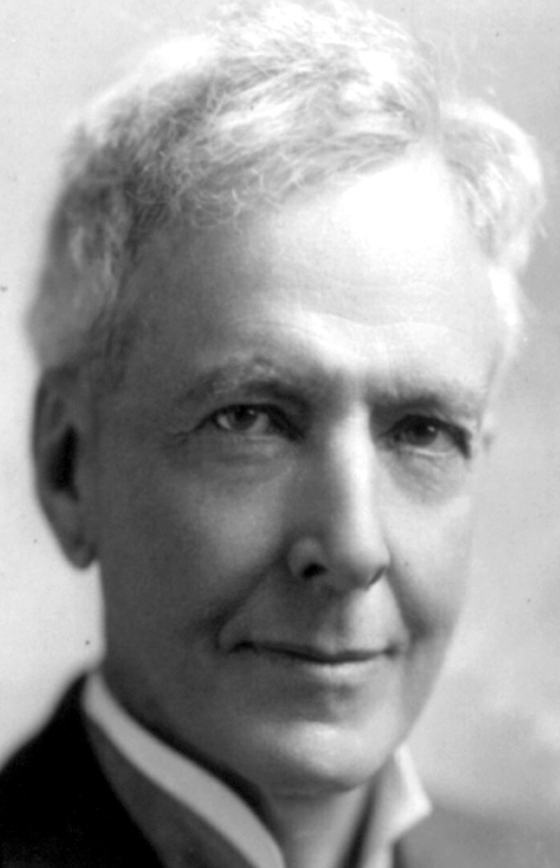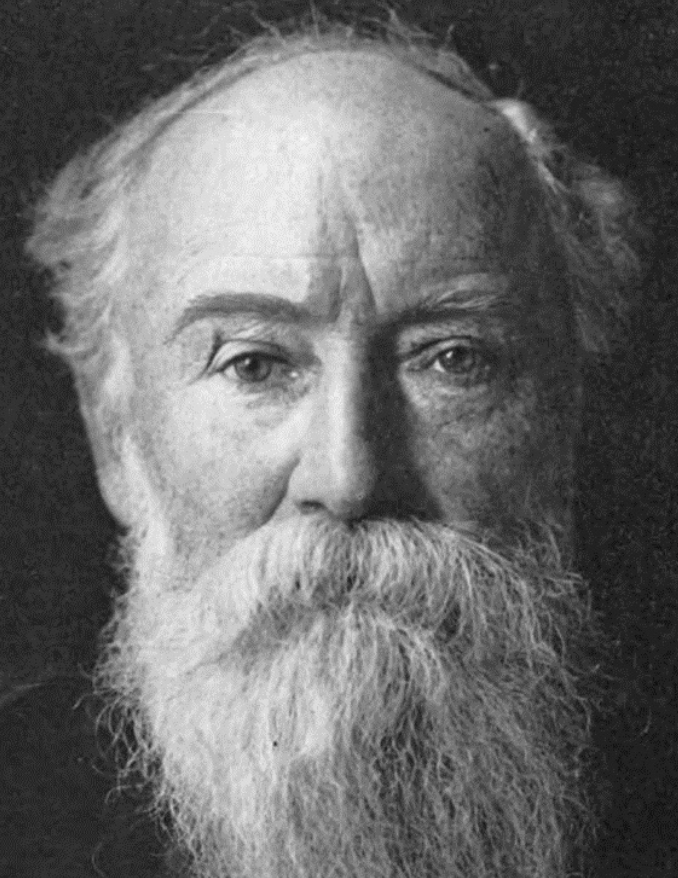naturalists
Luther Burbank

On this date in 1849, Luther Burbank was born in Lancaster, Mass. He found fame early when he single-handedly saved U.S. potato crops from the deadly blight by cultivating russet potatoes. The Burbank Russett is the most widely cultivated potato in the U.S. While running Burbank’s Experimental Farms in Santa Rosa, Calif., he produced more than 800 new varieties of fruits and plants.
Shaken by the Scopes “monkey” trial, Burbank wrote, “And to think of this great country in danger of being dominated by people ignorant enough to take a few ancient Babylonian legends as the canons of modern culture. Our scientific men are paying for their failure to speak out earlier. There is no use now talking evolution to these people. Their ears are stuffed with Genesis.”
In 1926, an interview about his freethought views appeared in the San Francisco Bulletin in which he declared “I am an infidel today,” adding,” I am a doubter, a questioner, a skeptic. When it can be proved to me that there is immortality, that there is resurrection beyond the gates of death, then will I believe. Until then, no.” He was inundated with mostly critical letters, which he felt he had to reply to personally. Friend and biographer Wilbur Hale attributed Burbank’s death at age 77 after suffering a heart attack to the exertion of his replies: “He died, not a martyr to truth, but a victim of the fatuity of blasting dogged falsehood.”
A crowd estimated at 10,000 came to his memorial and heard the openly atheistic tribute by Judge Lindsay of Denver. California still celebrates Burbank’s birthday as Arbor Day, planting trees in his memory. He married twice: to Helen Coleman in 1890, which ended in divorce in 1896, and to Elizabeth Waters in 1916. He had no children. (D. 1926)
"The idea that a good God would send people to a burning hell is utterly damnable to me. I don’t want to have anything to do with such a God.”
“I am an infidel today."— Burbank interview in the San Francisco Bulletin (Jan. 22, 1926)
John Burroughs

On this date in 1837, naturalist John Burroughs was born on a farm in the Catskills of New York state. After teaching and clerking in government, Burroughs returned to the Catskills and devoted his life to writing and gardening. He knew Thomas Edison, Henry Ford, Theodore Roosevelt, John Muir and Walt Whitman, writing the first biography of Whitman. Most of his 22 books are collected essays on nature and philosophy.
In his book “The Light of Day“ (1900), he illuminated his views on religion: “If we take science as our sole guide, if we accept and hold fast that alone which is verifiable, the old theology must go.” “When I look up at the starry heavens at night and reflect upon what is it that I really see there, I am constrained to say, ‘There is no God.’ “
In his journal dated Feb. 18, 1910, he wrote: “Joy in the universe, and keen curiosity about it all — that has been my religion.” He died on his 83rd birthday. The John Burroughs Sanctuary can be found near West Park, N.Y., and his rustic cabin Slabsides has been preserved. (D. 1921)
"The deeper our insight into the methods of nature … the more incredible the popular Christianity seems to us."
— Burroughs, "The Light of Day" (1900)
